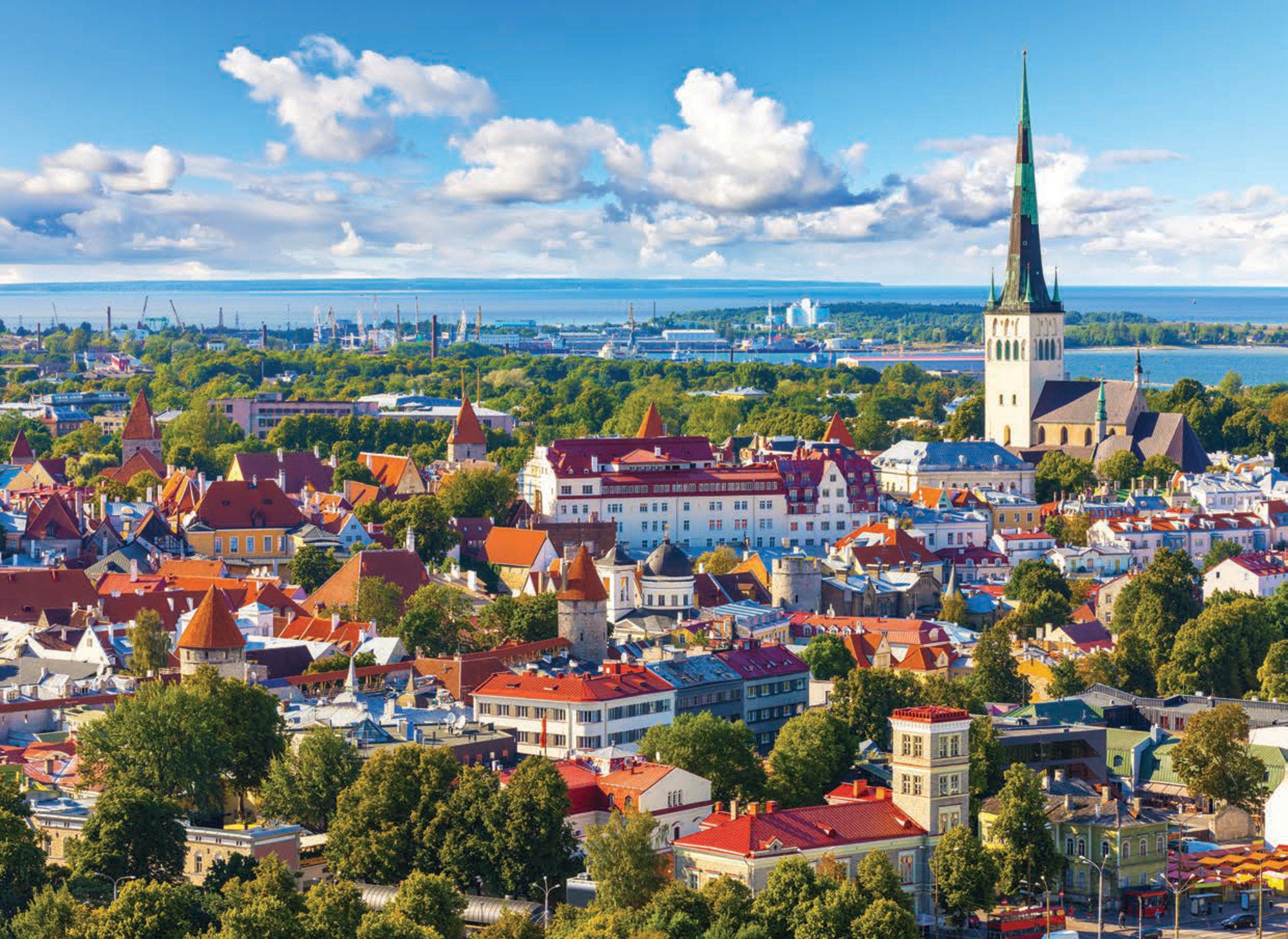Estonian living standards have doubled since 2000 and income convergence was steady prior to the pandemic, although per capita GDP and productivity remain below the OECD averages. The economy experienced a severe downturn due to disruptions in trade, weaker export demand, high inflation and tight monetary conditions. With improvements in external demand, growth should start to recover this year. Fiscal policy needs to balance stabilisation of the economy with narrowing the budget deficit. Although a part of the deficit reflects cyclical conditions, expenditures have increased in recent years. Alongside the planned spending reviews, Estonia should review the tax system to explore avenues for increasing revenues in the medium term. Further convergence in living standards requires strengthening productivity growth by boosting digitalisation, innovation, and skills across all firms. Due to continued reliance on domestic oil shale and increasing emissions in several sectors, decarbonisation needs to accelerate. Health and life expectancy have improved significantly, but years spent in good health are still among the lowest in the OECD. While the health system is well designed, a special chapter of this report looks at areas for improvement in order to enhance health outcomes.
SPECIAL FEATURE: TOWARDS BETTER AND MORE SUSTAINABLE HEALTHCARE FOR ALL











